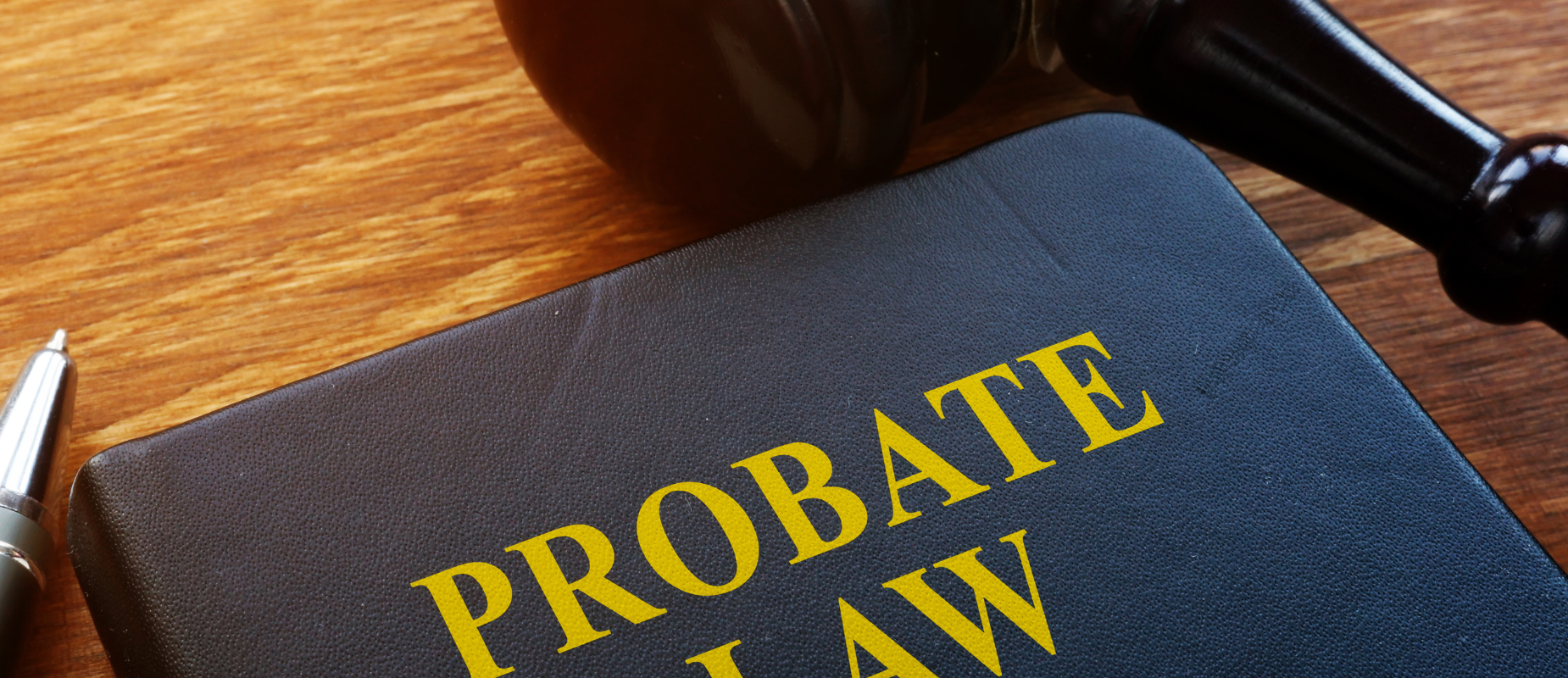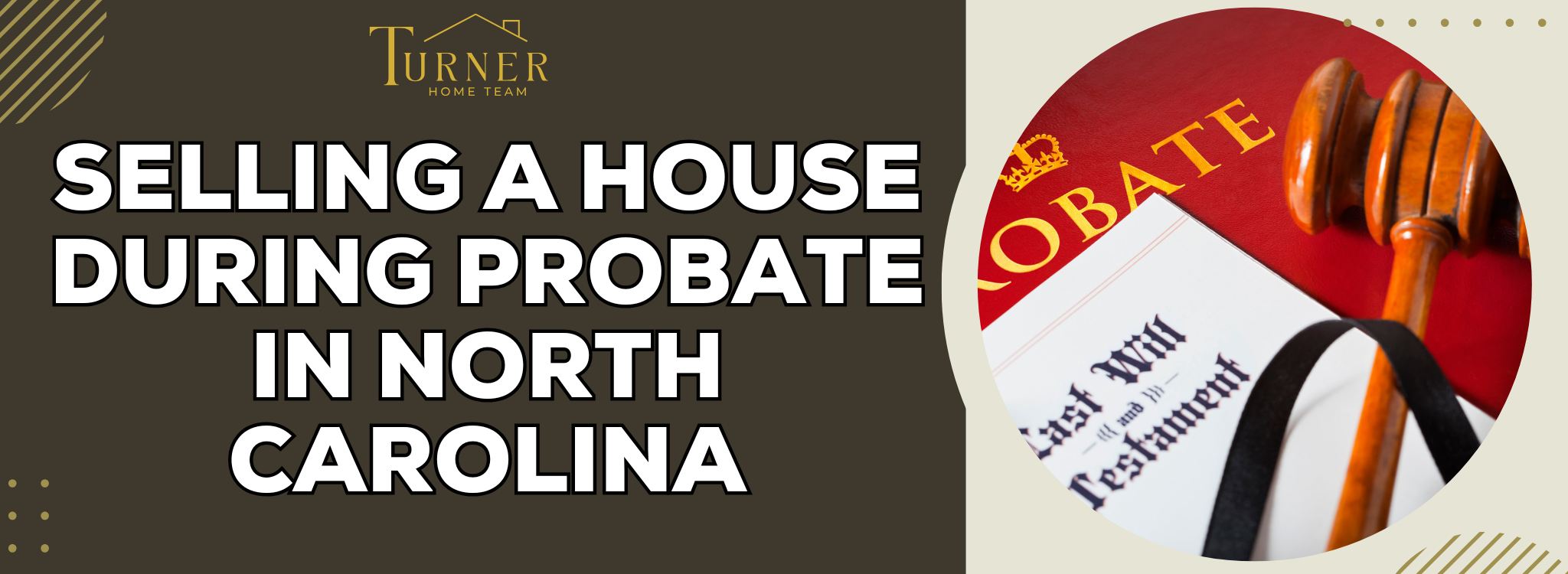
What to Know Before Selling a Probate Property

Legal Obligations and Responsibilities
What Are the Duties of an Executor in North Carolina?
In North Carolina, the executor manages an estate after someone passes away. They must follow North Carolina probate laws to settle the estate properly. This includes gathering all assets, paying debts, and distributing what’s left to the beneficiaries according to the will and state laws. Executors must also file necessary documents with the probate court and might have to appear in court when required. Understanding these responsibilities helps executors avoid legal issues.
How Do North Carolina Probate Laws Affect the Sale?
The sale of probate property in North Carolina is controlled by laws that detail how these transactions should proceed. Executors must follow a specific process, which might involve getting approval from the probate court before selling. They must ensure the sale follows NC estate and probate law, which protects heirs and creditors. Given the complexity of probate real estate transactions in NC, seeking professional help to understand the legal requirements is often wise.
Assessing Property Value for Probate Sales
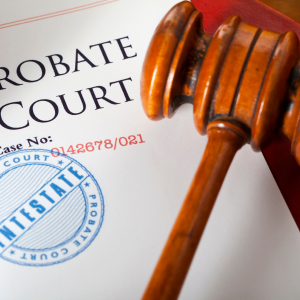
How is the Estate’s Property Appraised During Probate?
During the North Carolina probate real estate process, determining the value of an estate’s property is crucial. A qualified real estate appraiser assesses the property’s condition, location, and comparable sales to establish its fair market value. This appraisal ensures that the property is sold fairly, benefiting both the estate and potential buyers. Accurate appraisals help executors manage and distribute the estate effectively.
What Factors Influence the Valuation of Probate Properties in NC?
Several factors can impact the valuation of probate properties in North Carolina. Important considerations include current real estate market conditions, the property’s location, and its physical condition. Economic trends in the North Carolina probate real estate market also play a role in determining property value. Executors should know these factors to assess a probate house valuation in NC accurately. Understanding what affects property value can lead to better outcomes for the estate’s beneficiaries.
For more assistance on probate property sales, consider contacting Turner Home Team for expert advice.
Managing the Probate Sale Process

Several important steps must be taken in North Carolina to manage the estate sale process. Executors are very important because they take care of the estate of the person who died. This includes paying off creditors, paying other bills, and getting the house ready to sell. The estate court in North Carolina monitors these steps to ensure they are done correctly.
In North Carolina, probate real estate deals can be tricky because of the need to settle an estate, which includes taking care of many bills. Executors must be careful when doing their jobs because making mistakes can make them responsible for other people’s debts. It is important to know the local probate laws in order to handle deals and creditor claims against the estate quickly and correctly.
Selecting the Right Real Estate Professional
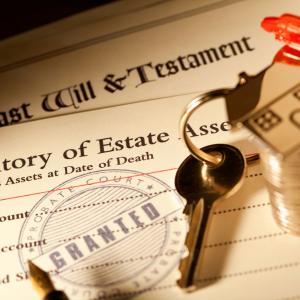
When selling properties, it is important to select a real estate professional skilled in North Carolina’s probate market. A knowledgeable professional or broker is invaluable during the probate sale process. They understand local market conditions and the needs of probate real estate investors in NC.
When choosing a real estate professional, look for someone experienced in real estate transactions who can handle potential challenges. Professionals familiar with probate house markets in NC can offer insights that make the process smoother. Get references and check the professional’s track record in similar transactions to ensure they fit your needs.
Dealing with Heirs and Beneficiaries

Keeping the ties between heirs and beneficiaries in check during probate can be difficult. Communicating clearly helps set expectations and deal with inheritance problems. Knowing the North Carolina divorce rules is crucial, especially when the probate court needs things done.
A lawyer with experience in probate can give you help. They help people determine what will mean and meet all legal obligations. Effective estate planning can help avoid arguments and make the transfer of assets go more smoothly. Hiring a lawyer early on can help everyone save time and stress.
Understanding the Probate Market Dynamics in North Carolina
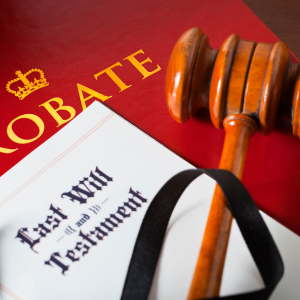
Current Trends in the Probate Real Estate Market
The probate real estate market in North Carolina is changing. The state’s probate processes affect how properties are sold, offering unique opportunities for home buyers and sellers. In the NC probate real estate market, it’s essential to understand these changes to handle a North Carolina probate sale procedure effectively. Lately, more investors are interested in probate properties due to their potential returns. This growing demand is altering the probate house market in NC, creating new challenges and opportunities for investors.
Preparing the House for Sale
Preparing a probate house for sale in North Carolina involves several key steps:
- Property Appraisal: Get a professional appraisal to determine the property’s current market value.
- Home Inspection: Hire experienced home inspectors to spot any repairs or issues before selling the home.
- Selecting Real Estate Professionals: Choose skilled real estate professionals specializing in probate sales for a smooth transaction.
- Legal Assistance: Consult with a house sale probate attorney in NC to know the legal responsibilities involved.
Using property appraisers and real estate professionals is crucial to following probate home sale guidelines. Proper preparation can help you get a better sale price and speed up the process, benefiting everyone involved.

Tax Implications of Selling Probate Property
Selling probate property in North Carolina comes with various tax considerations. Here are key points for executors and beneficiaries:
- Tax Exemptions: Look into available tax exemptions for selling probate property.
- Capital Gains Tax: Understand the potential capital gains tax liabilities when selling inherited property in NC.
- NC Estate and Probate Law: Learn about probate estate sale rules in NC to comply with local laws.
- Executor Responsibilities: Executors must manage taxes and inheritance matters carefully, completing all necessary paperwork properly.
Dealing with taxes requires understanding the pertinent laws, so professional counsel is helpful. Executors must fulfill these responsibilities and handle the general chores of estate closure.
Turner Home Team can provide further information or assistance with North Carolina probate real estate. Our staff provides knowledgeable recommendations and services to help you navigate the probate procedure professionally.
Legal and Financial Considerations
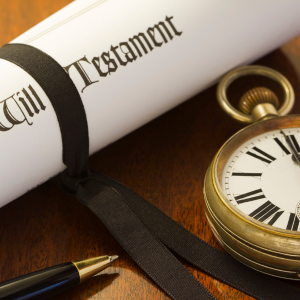
Navigating Probate Court Procedures
In North Carolina, dealing with probate court means knowing how to do certain things. If someone dies and leaves behind a will or state law, if there is no will, the probate court makes sure that their property is distributed according to the will. Important steps in these processes are:
- Filing a Petition: Start by filing a petition with the probate court. This requests approval to manage the estate.
- Notification of Heirs and Creditors: After the court accepts the petition, notify heirs and creditors to give them a chance to make claims against the estate.
- Inventory and Appraisal: Compile an inventory of all property the decedent owns, followed by appraisals to determine value.
- Estate Administration: This step involves settling debts and distributing assets under probate laws. A personal representative or executor manages this process.
- Probate Sale Procedure: If needed, property may be sold using specific probate sale procedures to pay debts or distribute proceeds among beneficiaries.
Understanding these procedures can help individuals prepare for the complexities of estate administration.

Securing Financing and Offers
In real estate transactions involving probate property, securing financing and making suitable offers are crucial. Key points include:
- Cash Offers: Cash offers can be beneficial in probate situations due to faster closings. They streamline the sale process and offer sellers certainty.
- Financing Options: Buyers should explore various financing options, especially with probate property. Consider traditional loans or partnerships with real estate investors.
- Real Estate Investor Insights: Investors often see probate properties as opportunities to purchase efficiently and add value. Understanding their perspective can aid in negotiating favorable terms.
- NC Inheritance Property Sale: Selling inherited property in North Carolina includes legal considerations, particularly regarding tax implications and compliance with state laws.
These strategies can assist in effectively managing the financial aspects of selling probate property.
Handling Issues of Title and Ownership
Addressing title issues and ownership documentation is key to transferring property ownership during an estate sale. Resolving these concerns ensures smooth transactions under NC estate and probate law.
- Title Resolution: Title issues might occur if there are disputes or unclear documents about property ownership. A title company or attorney can help resolve these issues.
- Ownership Transfer Documentation: Proper documentation is necessary to transfer property ownership, including deeds and affidavits legally.
- Estate Sale Legalities: Knowing the legal framework around estate sales, especially under North Carolina law, can prevent potential legal problems.
By focusing on these areas, those involved in estate administration can handle title and ownership transfers smoothly.
Turner Home Team provides expert guidance on the probate process. Contact us today for assistance with estate administration and property sales.
This information applies to North Carolina and its cities, including Fayetteville, Charlotte, Greensboro, Winston-Salem, Raleigh-Durham, Jacksonville NC, and throughout North Carolina. For more details, please contact us at (252) 525-4780 or visit our website at Turner Home Team.

